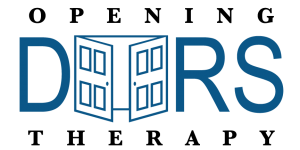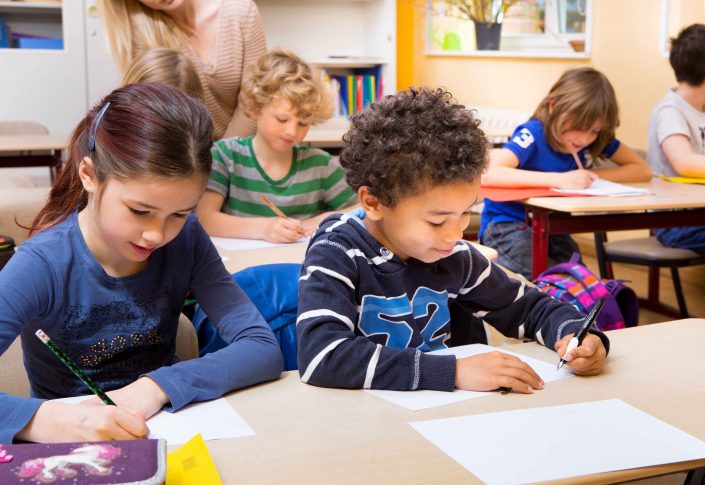Special education is a term used by the law (IDEA) to describe specially designed instruction that meets the
Special education is a term used by the law (IDEA) to describe specially designed instruction that meets the unique needs of a child who has a disability. These services are provided by the public school system and are free of charge. Services include but are not limited to instruction in the classroom and at home.
There are 13 categories of special education as defined by the Individuals with Disabilities Education Act (IDEA). In order to qualify for special education, the IEP team must determine that a child has one of the following:
- Autism
- Blindness
- Deafness
- Emotional Disturbance
- Hearing Impairment
- Intellectual Disability
- Multiple Disabilities
- Orthopedic Impairment
- Other Health Impaired
- Specific Learning Disability
- Speech or Language Impairment
- Traumatic Brain Injury
- Visual Impairment
Special education is a term used by the law (IDEA) to describe specially designed instruction that meets the unique needs of a child who has a disability. These services are provided by the public school system and are free of charge. Services include but are not limited to instruction in the classroom and at home.
There are 13 categories of special education as defined by the Individuals with Disabilities Education Act (IDEA). In order to qualify for special education, the IEP team must determine that a child has one of the following:
- Autism
- Blindness
- Deafness
- Emotional Disturbance
- Hearing Impairment
- Intellectual Disability
- Multiple Disabilities
- Orthopedic Impairment
- Other Health Impaired
- Specific Learning Disability
- Speech or Language Impairment
- Traumatic Brain Injury
- Visual Impairment










